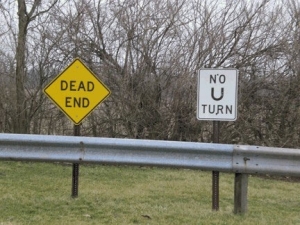
The 2010 Election is barraging us at every turn. Is a break (or mini-retreat) possible? You Bet ‘Cha! whoops….um. I mean yes, yes it really is.
Every politician tries to offer his or her constituents HOPE.
It’s a word that gets tossed around A LOT. Just like the word CHANGE. It makes sense to offer this, when most of the time candidates can only hope there will be hope, and hope there will be change (for the better).
Today, let’s think about hope and change–which are quite linked–in ways that it applies to us personally, and how it relates to the source of all Hope–our Creator and Savior.
Thank you for coming here on day 3 of the 5 Minute Retreat in this 5 day series. Ed Cyzewski invited me to carrying on with his 5 minute Retreat series.
Before we start, please
prepare yourself to take a short rejuvenating break, by eliminating potential distractions. (Silence your phone, computer, shut your door, etc.)
– Quickly (not giving it too much thought) jot down a few things that give you hope. (If you don’t have paper, think of 3 things, and keep them in the front of your mind.)
Read over these things a few times, and attach onto one item you’ve thought of, and roll it over in your mind.
-What has given you hope? What has produced change?
Lift these things to God, and ask God to fill your heart with hope, from his Everlasting well of Hope. God is Hope, epitomized. True hope comes from the Almighty God.
Today, as you go through your day, try to say/pray the words, “God give me Hope that comes from you.”
I would love to hear from you.
Do you enjoy these mini retreats? If so, there are 2 more coming. If not, have HOPE, and hang in there until Saturday.
Thanks for visiting.
-Lisa












